Home>Dining>Tableware>Where Should Glassware Be Stored After Cleaning
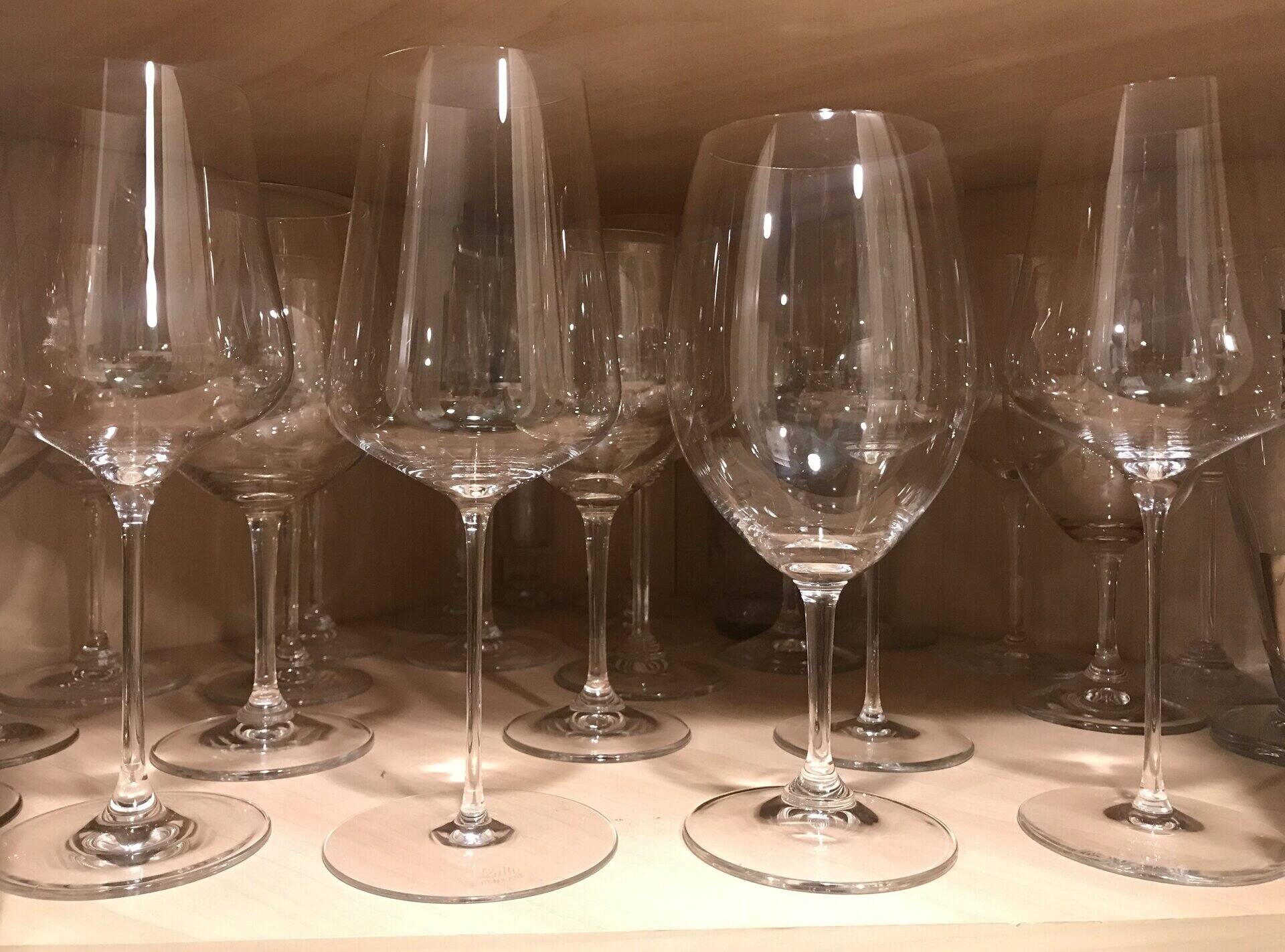

Tableware
Where Should Glassware Be Stored After Cleaning
Modified: January 18, 2024
Properly store your tableware after cleaning it to keep it safe and organized. Discover the best options for storing glassware and other types of tableware.
(Many of the links in this article redirect to a specific reviewed product. Your purchase of these products through affiliate links helps to generate commission for Storables.com, at no extra cost. Learn more)
Introduction
When it comes to tableware, proper storage is crucial to maintain its quality and prolong its lifespan. This is particularly true for glassware, which is delicate and prone to breakage if not handled with care. After investing in high-quality glassware and meticulously cleaning it, the next step is to find the ideal storage solution. In this article, we will explore the importance of properly storing glassware and discuss the various factors to consider when deciding where to store it.
Glassware not only adds elegance to any dining experience but also enhances the presentation of beverages and food. Whether you have a collection of wine glasses, champagne flutes, or highball glasses, ensuring their safe storage after cleaning is essential to preserve their beauty and functionality. Improper storage can result in chips, scratches, or even complete breakage, rendering the glassware unusable.
One of the key factors to consider when deciding where to store glassware is the available space in your home or establishment. You want to choose a storage option that not only provides adequate protection but also fits seamlessly into your existing décor. It’s also important to consider the frequency of use. If you frequently entertain guests or run a busy bar, easy access to your glassware is paramount.
In this article, we will explore various recommended storage options for clean glassware, including glass cabinets or display cases, kitchen cabinets or pantries, bar or beverage stations, and open shelves or racks. We will discuss the pros and cons of each option and provide tips on maintaining glassware quality and hygiene through proper storage.
By following the guidelines outlined in this article, you can ensure that your glassware remains in pristine condition and ready for use whenever the occasion calls. Let’s delve into the details and find the perfect storage solution for your glassware collection.
Key Takeaways:
- Proper storage of glassware is crucial for preventing breakage, preserving aesthetics, and maintaining hygiene. Factors such as space availability, frequency of use, and protection should be considered when deciding where to store glassware.
- Recommended storage options for glassware include glass cabinets, kitchen cabinets, bar stations, and open shelves. Each option offers unique benefits such as visibility, organization, and accessibility, contributing to the overall quality and appeal of the glassware.
Read more: Where Should Glassware Be Placed
The Importance of Properly Storing Glassware
Proper storage is essential for maintaining the quality and longevity of your glassware. Here are some reasons why it is important to store glassware correctly:
- Prevention of Breakage: Glassware is fragile and prone to breaking if not handled with care. Proper storage helps to minimize the risk of accidental bumps or knocks that can result in chips, cracks, or shattering. By storing your glassware in a secure and stable location, you can significantly reduce the chances of breakage.
- Prolonged Lifespan: Glassware that is stored correctly can last longer and provide years of beauty and functionality. By protecting your glassware from dust, moisture, and potential damage, you can ensure that it retains its original quality and appeal over time.
- Preservation of Aesthetics: Glassware is often chosen for its elegant and visually appealing design. Improper storage can lead to scratches, stains, or fading of patterns, compromising the aesthetic appeal of the glassware. By storing glassware correctly, you can preserve its pristine appearance and maintain its visual allure.
- Maintaining Hygiene: Clean glassware is crucial for serving food and beverages in a hygienic manner. It’s essential to pack wine glasses and other glassware properly, ensuring they are protected from dust, insects, and other contaminants that can compromise their cleanliness. This practice is particularly important in commercial settings such as restaurants, bars, or catering businesses, where maintaining high hygiene standards is paramount.
- Convenience and Accessibility: Properly stored glassware is easily accessible whenever you need it. Whether you are hosting a dinner party, setting up a bar station, or simply enjoying a casual drink, having your glassware organized and readily available saves time and makes the process more efficient.
Overall, proper storage of glassware not only ensures its protection but also contributes to its overall quality and usability. By investing in the right storage solutions and adopting good storage practices, you can enjoy your glassware collection for years to come.
Factors to Consider When Deciding Where to Store Glassware
When it comes to storing your glassware, there are several factors to consider to ensure it remains protected and easily accessible. Here are some key factors to keep in mind:
- Space Availability: Evaluate the available space in your home or establishment. Consider the size of your glassware collection and the storage options that can accommodate it. You’ll want to choose a storage solution that fits seamlessly into your existing layout and does not overcrowd your space.
- Frequency of Use: Assess how often you use your glassware. If you frequently entertain guests or run a bustling bar or restaurant, you’ll want to prioritize easy access to your glassware. Opt for storage solutions that offer convenient and quick retrieval to ensure a smooth dining or service experience.
- Protection and Stability: Glassware is delicate and requires protection from accidental damage. Look for storage options that provide stability and security to prevent your glassware from tipping over or coming into contact with other objects that could cause scratches or breakage. Consider options with padded shelves, dividers, or adjustable compartments.
- Aesthetics and Display: If you have a beautiful glassware collection that you’re proud to showcase, consider storage options that offer a visual display. Glass cabinets or display cases with transparent doors allow your glassware to be seen while still providing protection. This is a great option for personal collections or establishing an attractive bar or beverage station.
- Environmental Factors: Take into account the environmental conditions of the storage area. Extreme temperatures, high humidity, or direct sunlight can negatively impact the quality of your glassware. Choose a storage location that provides a stable and controlled environment to avoid any potential damage.
- Accessibility and Organization: Ensure that your glassware is stored in an organized manner, making it easy to find and retrieve the specific piece you need. Consider storage options with adjustable shelves, stackable containers, or dedicated compartments to keep your glassware neatly organized.
By carefully considering these factors, you can select the most suitable storage solution for your glassware. This will not only protect your investment but also make your glassware easily accessible and visually appealing, ready to set your table elegantly. Remember to prioritize the safety and longevity of your glassware when deciding where to store it.
Recommended Storage Options for Cleaned Glassware
After cleaning your glassware, it’s important to store it properly to maintain its quality and ensure its longevity. Here are some recommended storage options for cleaned glassware:
- Glass Cabinet or Display Case: A glass cabinet or display case not only provides protection for your glassware but also allows you to showcase it as a decorative element. With transparent doors, your glassware remains visible while being shielded from dust and accidental breakage. This storage option is ideal for personal collections or for creating an elegant bar or beverage station.
- Kitchen Cabinet or Pantry: Utilizing your kitchen cabinets or pantry is a practical storage option for glassware. Ensure that the shelves are well-padded or lined with soft materials to prevent scratches. Consider placing glassware in dedicated compartments or using adjustable organizers to keep them secure and organized. This option works well for everyday glassware used in meal preparation and casual dining.
- Bar or Beverage Station: If you have a dedicated bar or beverage station, designating a specific area for glassware storage is essential. Install open shelves, racks, or hanging storage to keep the glassware easily accessible. Consider using dividers or hooks to keep different types of glassware separated and secure. This storage option is ideal for bars, restaurants, or home entertainment areas.
- Open Shelves or Racks: Open shelves or wall-mounted racks provide an accessible and visually appealing storage solution. Displaying your glassware on open shelves adds a decorative touch to your space while keeping the glassware within reach. To prevent dust accumulation, opt for shelves with transparent or glass doors. This option works well for both personal collections and everyday glassware.
Regardless of the storage option you choose, it’s important to handle glassware with care when placing it in or removing it from storage. Avoid stacking glassware too tightly to prevent damage, and use protective materials such as soft cloths or tissue paper to cushion delicate areas. Properly labeling each storage area or compartment can also help maintain organization and ease of retrieval.
Remember, the chosen storage option should align with your specific needs, available space, and the overall aesthetic of your home or establishment. By selecting the right storage solution, you can ensure that your cleaned glassware remains protected, easily accessible, and ready to enhance your dining or beverage experience.
Storing Glassware in a Glass Cabinet or Display Case
Storing glassware in a glass cabinet or display case offers a double benefit: providing protection for your glassware while also showcasing your collection as a decorative feature. Here are some considerations and tips for storing glassware in a glass cabinet or display case:
- Visibility: One of the advantages of using a glass cabinet or display case is the ability to see your glassware at all times. The transparent doors allow you to admire your collection and easily select the desired glassware for any occasion.
- Protection: A glass cabinet or display case offers a layer of protection for your glassware against dust, moisture, and potential breakage. The enclosed design helps to keep your glassware safe from accidental knocks or bumps.
- Consider Lighting: Adding lighting inside the cabinet or display case can enhance the presentation of your glassware. Install LED lights or small spotlights to illuminate the glassware and create an eye-catching display. This can be particularly effective for highlighting unique or intricate designs.
- Space Utilization: Utilize adjustable shelves or glassware-specific racks within the cabinet or display case to make the most of the available space. This allows you to organize different types of glassware and maximize storage capacity.
- Cushioning and Separation: To further protect your glassware, add soft padding or fabric liners to the shelves. This helps to prevent scratches and ensures that the glassware remains stable. Consider using dividers or wine glass holders to separate each glass and minimize the risk of them coming into contact with each other.
- Regular Cleaning: Keep your glass cabinet or display case clean to maintain the pristine appearance of both the glassware and the storage unit. Regularly dust the exterior and interior surfaces, and clean the glass doors with a streak-free glass cleaner.
Storing glassware in a glass cabinet or display case is a visually appealing and practical option. It not only safeguards your glassware but also allows you to proudly showcase your collection. Whether it’s a personal assortment or part of a bar or restaurant display, this storage solution elevates the aesthetic appeal of your space while ensuring that your glassware remains protected and easily accessible.
Store clean glassware in a dry, dust-free area with good air circulation. Avoid stacking glasses to prevent breakage and use soft, non-abrasive liners to protect the surfaces.
Read more: Where Is Acopa Glassware Made
Storing Glassware in a Kitchen Cabinet or Pantry
Storing glassware in a kitchen cabinet or pantry is a practical and convenient option, especially for everyday glassware used in meal preparation and casual dining. Here are some tips for storing glassware in a kitchen cabinet or pantry:
- Organization: Utilize the available space in your kitchen cabinet or pantry effectively. Consider using adjustable shelving or stackable containers to create dedicated sections for different types of glassware. This helps to maximize storage capacity and keeps your glassware neatly organized.
- Cushioning: To protect your glassware, line the shelves with soft padding or fabric liners. This helps to prevent scratches and keeps the glassware stable. Alternatively, use individual glassware protectors or dividers to provide additional cushioning and separation between each piece.
- Accessibility: Arrange your glassware in a way that makes it easy to locate and retrieve. Consider placing frequently used glassware within immediate reach and less commonly used pieces towards the back of the cabinet. This ensures quick and convenient access to the desired glassware.
- Stacking: When stacking glassware, be cautious to avoid direct contact between each piece. Place a layer of protective material, such as a soft cloth or paper towel, between each glass to prevent chipping or scratching.
- Stable Placement: Ensure that your glassware is stable and secure within the cabinet or pantry. Avoid overcrowding the shelves, as this can lead to accidental breakage. Leave some space between the glasses to prevent them from tipping over or colliding with each other.
- Maintenance: Regularly clean and inspect your kitchen cabinet or pantry to ensure it remains clean and free from dust or debris. Wipe down the shelves regularly and check for any signs of mold or moisture that could affect the glassware.
Storing glassware in a kitchen cabinet or pantry is a practical solution for keeping your glassware within easy reach for everyday use. It allows you to maintain an organized kitchen space while ensuring that your glassware remains protected and in optimal condition. By following these tips, you can create a functional storage system that keeps your glassware safe and readily available for your dining and entertaining needs.
Storing Glassware in a Bar or Beverage Station
Storing glassware in a bar or beverage station requires careful consideration to ensure easy accessibility and efficient service. Here are some tips for storing glassware in a bar or beverage station:
- Open Shelving: Install open shelves or wall-mounted racks to store your glassware. This allows for easy visibility and quick access to different types of glasses, making it convenient for bartenders and staff.
- Dividers and Hooks: Use dividers or hooks to separate and secure different types of glassware. This not only helps to prevent them from touching and potentially causing damage but also allows for efficient organization and retrieval.
- Strategic Placement: Arrange your glassware based on frequency of use. Keep commonly used glassware at eye level or within arm’s reach for smooth and efficient service. Less frequently used glassware can be placed on higher or lower shelves to optimize space.
- Glass Racks: Utilize glass racks to hang stemware upside down. This helps to keep the glasses clean and free from any dust or contaminants. Hanging stemware also saves space on shelves and allows for easy identification and access.
- Protective Padding: Add protective padding or liners to the shelves to prevent scratches and ensure stability. This is especially important for delicate glassware like champagne flutes or wine glasses. Soft, non-slip material can provide necessary cushioning and keep your glassware secure.
- Regular Cleaning: Maintain cleanliness in your bar or beverage station by regularly cleaning the shelving and glassware storage area. Wipe down the shelves and racks to remove any spills, residue, or debris that can accumulate over time.
By following these tips, you can create an efficient and organized storage system for your glassware in a bar or beverage station. Easy accessibility and proper organization help streamline service, ensuring that bartenders or staff can quickly locate and retrieve the desired glassware. Ultimately, this leads to a smoother and more enjoyable experience for both patrons and staff.
Storing Glassware on Open Shelves or Racks
Storing glassware on open shelves or racks is a popular choice for those who want to display their glassware collection while keeping it easily accessible. Here are some tips for storing glassware on open shelves or racks:
- Visibility: Open shelves or racks allow for maximum visibility of your glassware. This makes it easy to showcase your collection and adds a decorative element to your space.
- Secure Placement: Ensure that your open shelves or racks are securely mounted to the wall or properly supported to handle the weight of the glassware. This eliminates any risk of the shelves collapsing or the glassware falling and breaking.
- Optimal Spacing: Leave enough space between each glass to prevent them from touching and potentially causing any damage. This is especially important for delicate or fragile glassware.
- Stacking Guidelines: When stacking glassware, be cautious to avoid stacking too high or too heavy, as this can increase the risk of breakage. If stacking is necessary, place a soft cloth or padding between each glass to prevent scratching or chipping.
- Categorization: Organize your glassware based on type or function. For example, you can dedicate one section of the shelves or racks for wine glasses, another for cocktail glasses, and so on. This allows for easy identification and selection when needed.
- Regular Dusting: Open shelves or racks tend to accumulate dust more quickly than enclosed storage options. Regularly dust your glassware and the surrounding area to keep them clean and maintain their visual appeal.
Storing glassware on open shelves or racks not only keeps your glassware easily accessible but also adds a touch of elegance to your space. This storage option allows you to showcase your glassware collection and create a visually pleasing display. Whether it’s in a dining room, kitchen, or bar area, storing glassware on open shelves or racks adds a stylish and functional element to your home or establishment.
Maintaining Glassware Quality and Hygiene through Proper Storage
Proper storage of glassware is essential not only for maintaining its quality but also for ensuring hygiene. Here are some key tips for maintaining glassware quality and hygiene through proper storage:
- Clean Before Storage: Always ensure that glassware is thoroughly cleaned before storing it. Remove any traces of food, drink, or residue to prevent potential stains or odors from developing during storage.
- Avoid Stacking Wet Glassware: Allow glassware to completely dry before placing it in storage. Stacking wet glassware can lead to moisture build-up, which can result in mold or unpleasant odors. Ensure that glassware is completely air-dried or use a soft cloth to remove any moisture.
- Choose the Right Storage Location: Select a storage location that provides a stable and controlled environment. Avoid areas with extreme temperatures, high humidity, or exposure to direct sunlight. These conditions can negatively impact the quality of the glassware, leading to potential damage or discoloration.
- Protect from Dust and Contaminants: Keep glassware protected from dust, insects, and other contaminants that can affect its cleanliness and hygiene. Opt for storage options with secure doors or covers to create a barrier between the glassware and the surrounding environment.
- Avoid Chemical Interactions: Ensure that glassware is kept away from chemicals or strong cleaning agents. Certain chemicals can react with the glassware, leading to discoloration or etching. Store glassware separately from cleaning supplies to prevent any unintended reactions.
- Regularly Inspect for Damages: Periodically inspect stored glassware for any signs of damage, such as chips, cracks, or loose stems. Remove any damaged glassware from storage to prevent further deterioration and potential risks during use.
- Ensure Proper Handling: When retrieving glassware from storage, handle it with care. Avoid dropping or banging the glassware against hard surfaces. Improper handling can lead to breakage or damage, compromising the hygiene and usability of the glassware.
- Regular Cleaning of Storage Areas: Clean and maintain the storage area regularly to prevent dust accumulation and maintain hygiene. Wipe down shelves, cabinets, or racks to remove any dust or debris. This helps to ensure that your glassware remains clean and ready for use.
By following these guidelines, you can maintain the quality and hygiene of your glassware through proper storage. Taking the necessary precautions and implementing good storage practices will help ensure that your glassware remains in pristine condition, ready to enhance any dining or beverage experience.
Read more: How To Clean Pyrex Glassware
Conclusion
Proper storage of glassware is essential for maintaining its quality, prolonging its lifespan, and ensuring hygiene. Whether you choose to store your glassware in a glass cabinet or display case, kitchen cabinet or pantry, bar or beverage station, or on open shelves or racks, there are several factors to consider to ensure optimal storage conditions.
By evaluating the available space, considering the frequency of use, and protecting the glassware from breakage and environmental factors, you can make an informed decision about the best storage option for your specific needs. Each storage option has its advantages, whether it’s the elegance and visibility of a glass cabinet or display case, the practicality of a kitchen cabinet or pantry, or the accessibility of a bar or beverage station. Open shelves or racks provide the added benefit of creating a visually appealing display.
Regardless of the storage option chosen, it’s important to handle glassware with care during the storage process. Avoid stacking glassware too tightly and use protective materials to cushion delicate areas. Regular cleaning and maintenance of the storage area will also contribute to the overall quality and hygiene of the glassware.
By implementing proper storage practices, you can ensure that your glassware remains in optimal condition and ready for use whenever the occasion calls. Whether you have a personal collection, manage a bar or restaurant, or simply enjoy entertaining guests at home, investing in the right storage solution for your glassware will enhance both its longevity and appeal.
Take the time to evaluate your storage needs and select the storage option that best aligns with your requirements and aesthetic preferences. By doing so, you can enjoy your glassware collection for years to come, making every dining or beverage experience unforgettable.
Frequently Asked Questions about Where Should Glassware Be Stored After Cleaning
Was this page helpful?
At Storables.com, we guarantee accurate and reliable information. Our content, validated by Expert Board Contributors, is crafted following stringent Editorial Policies. We're committed to providing you with well-researched, expert-backed insights for all your informational needs.
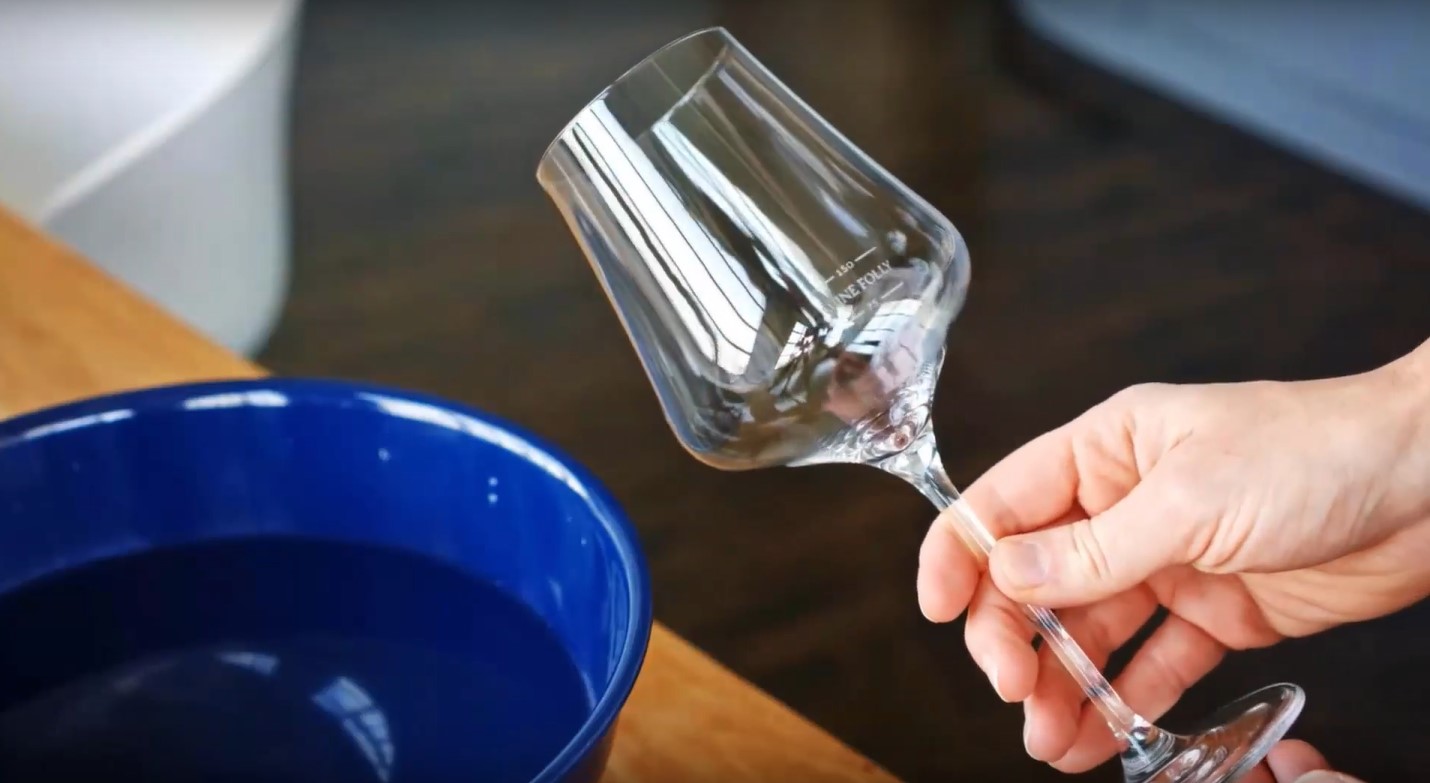
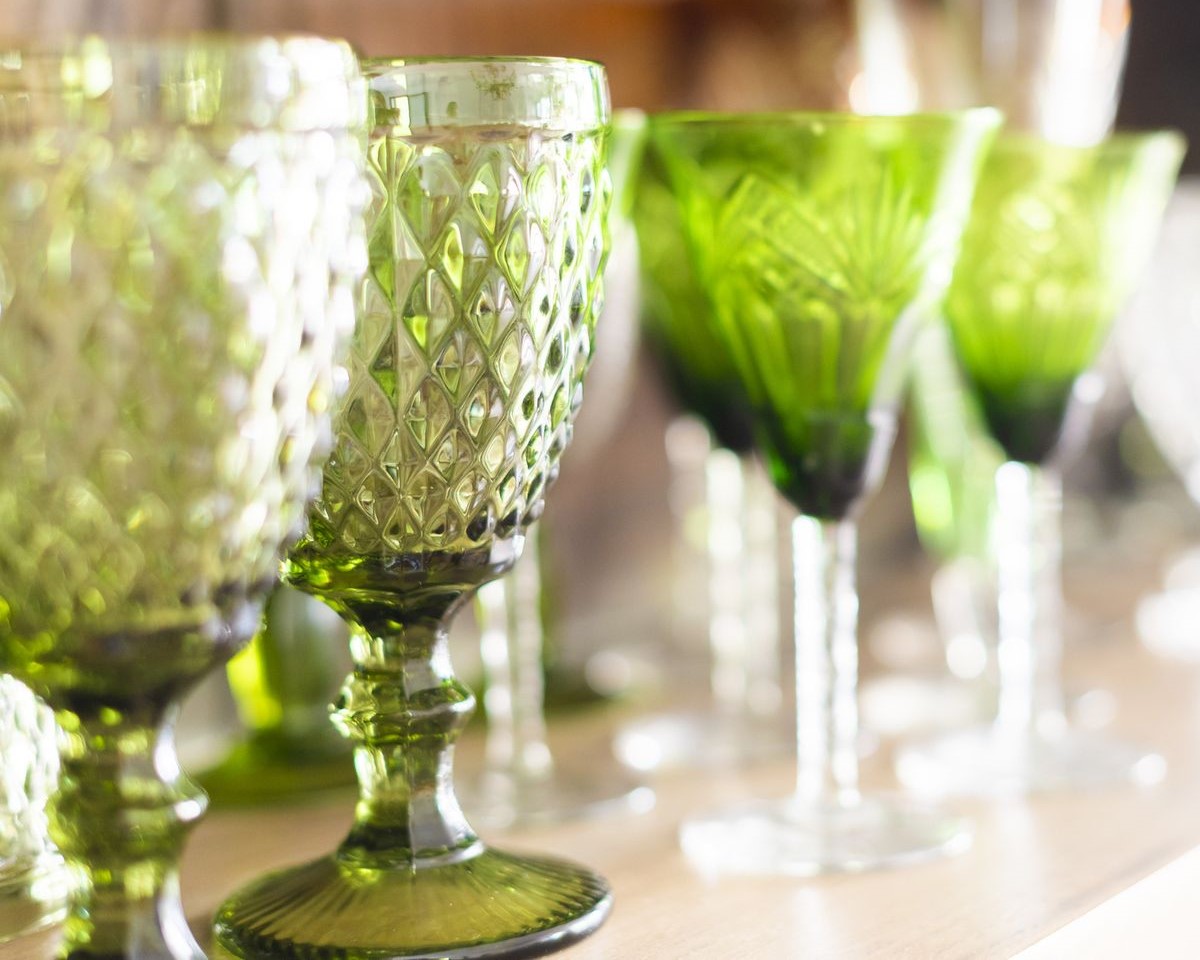
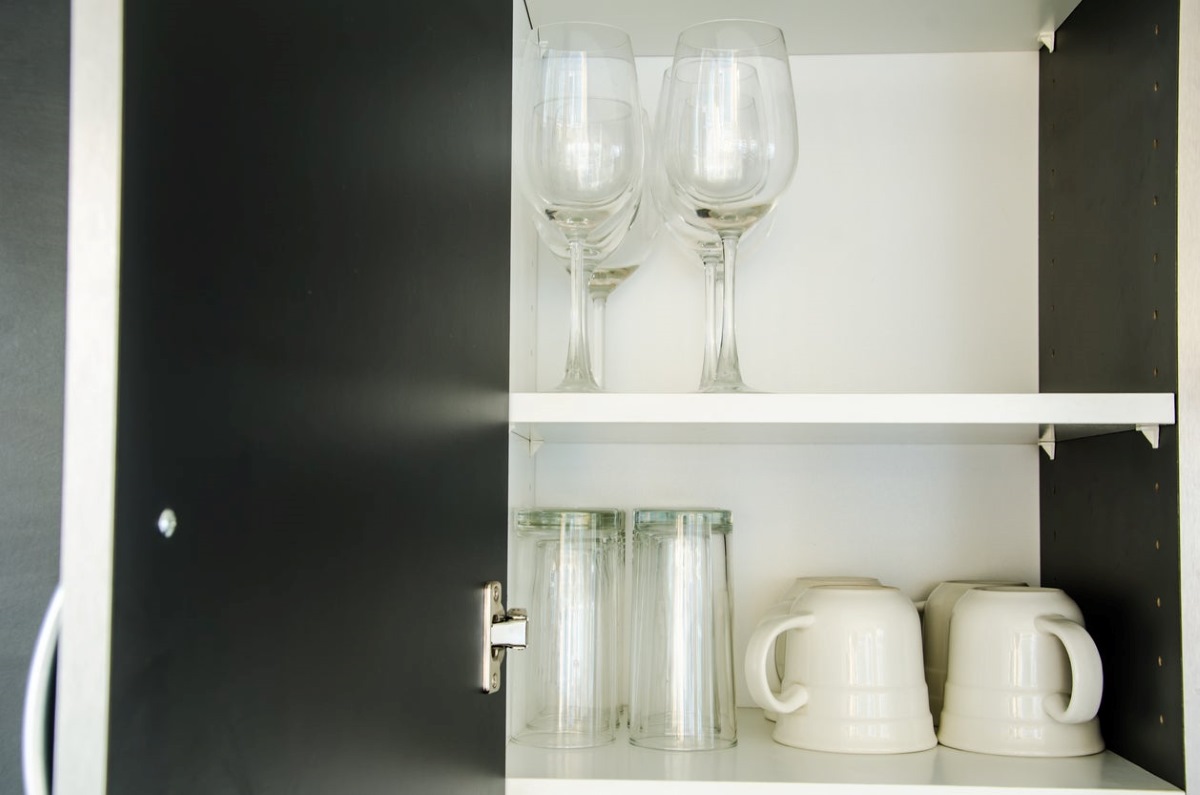

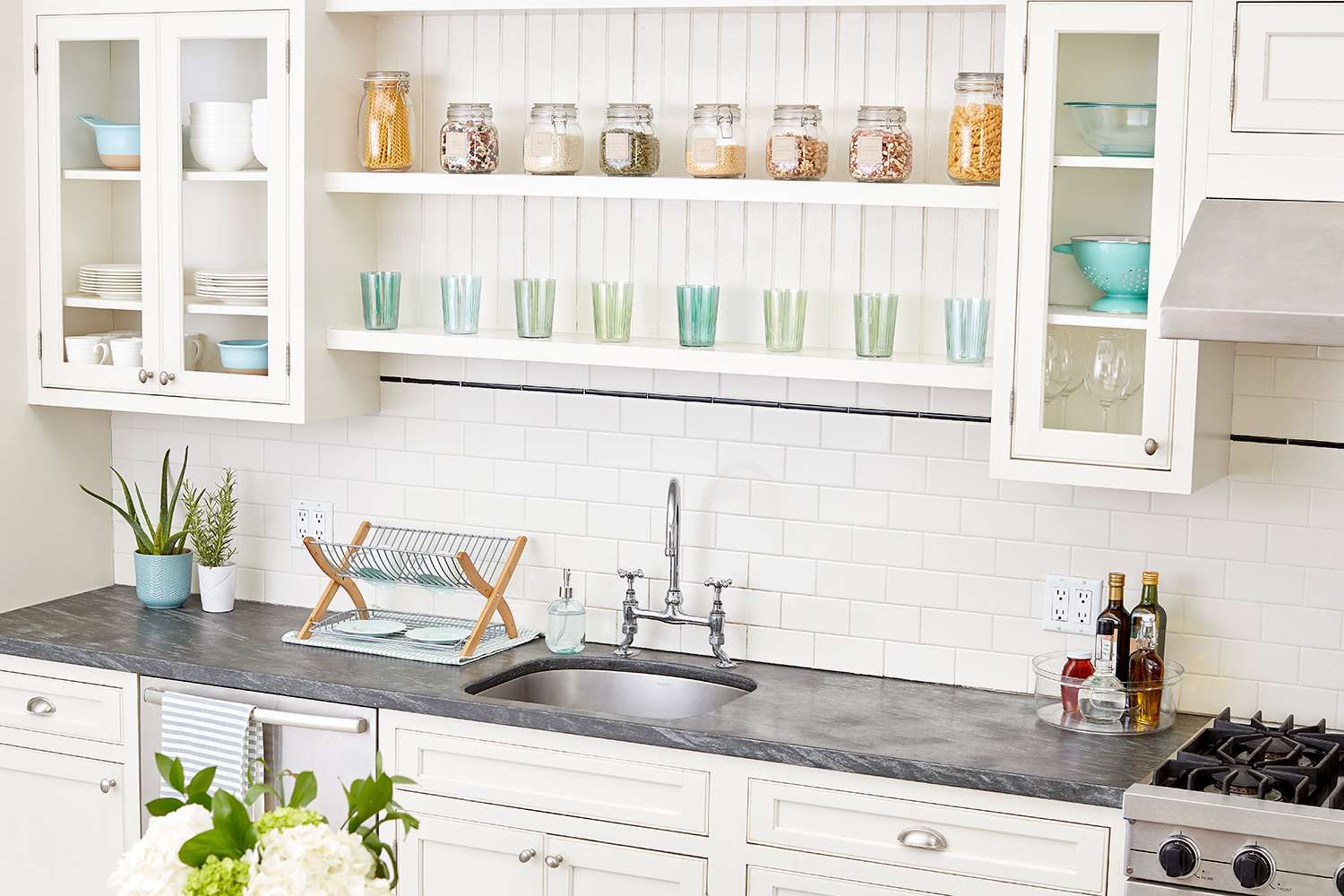
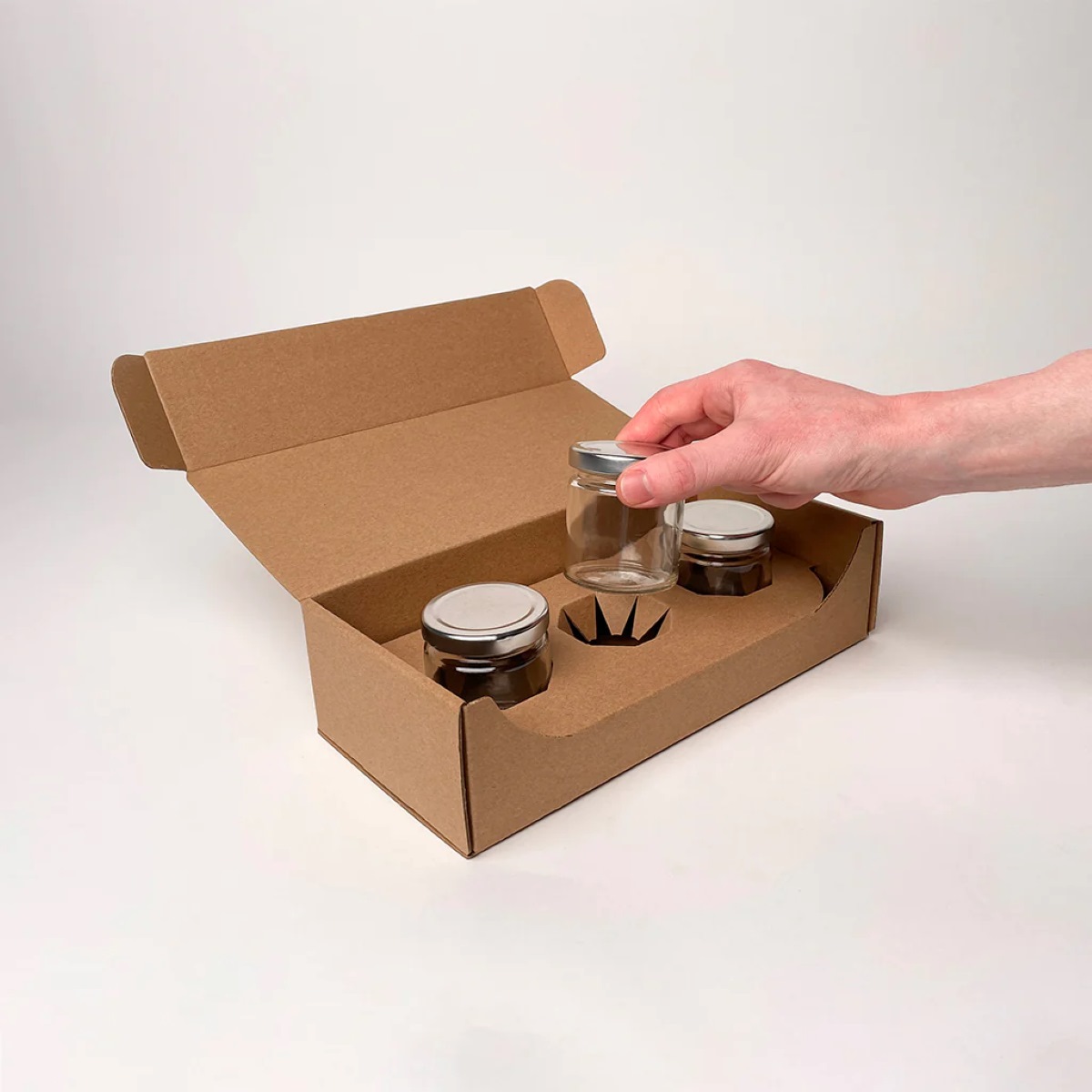

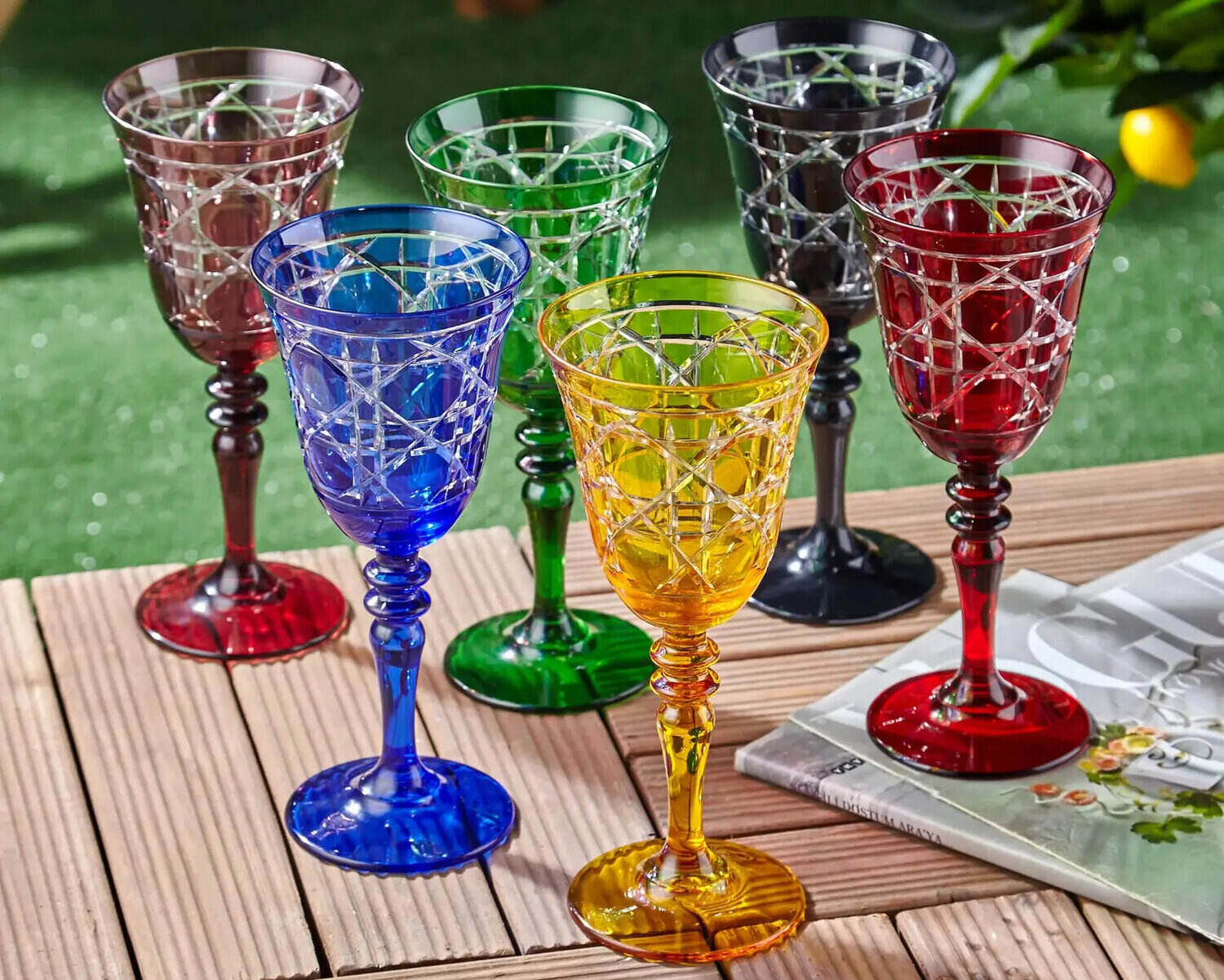
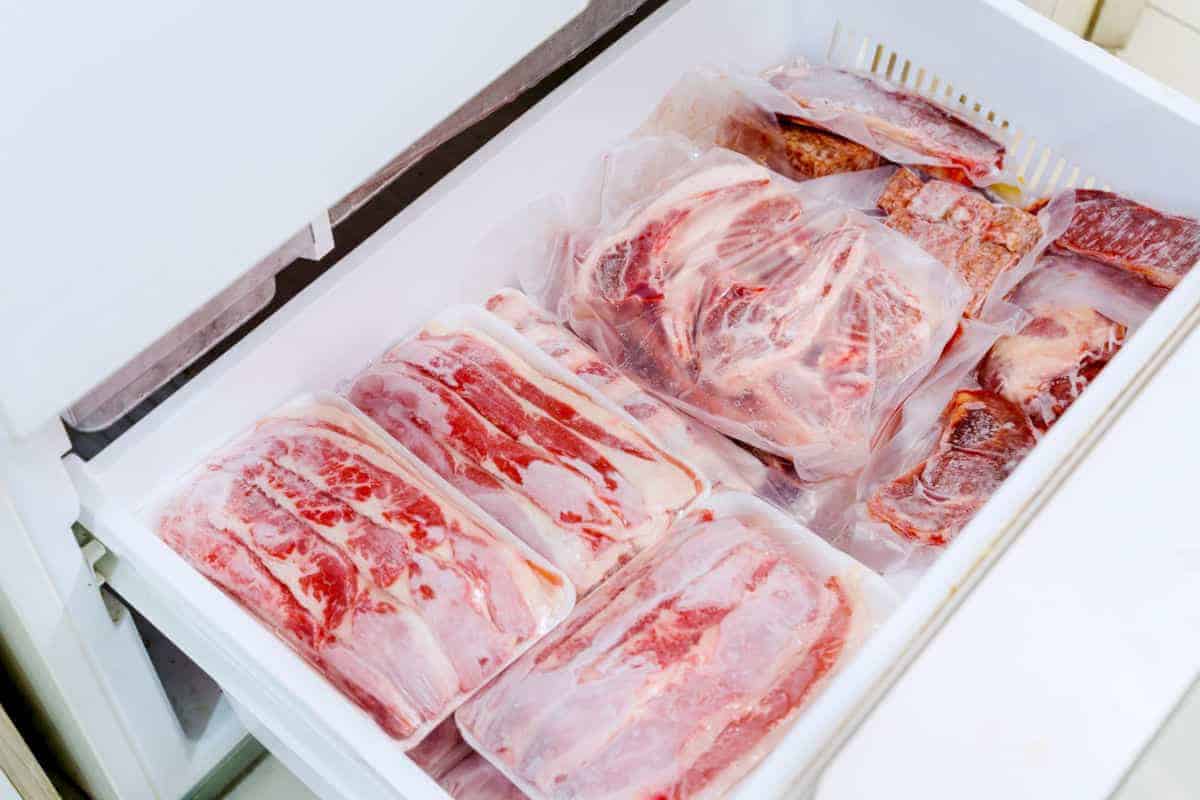

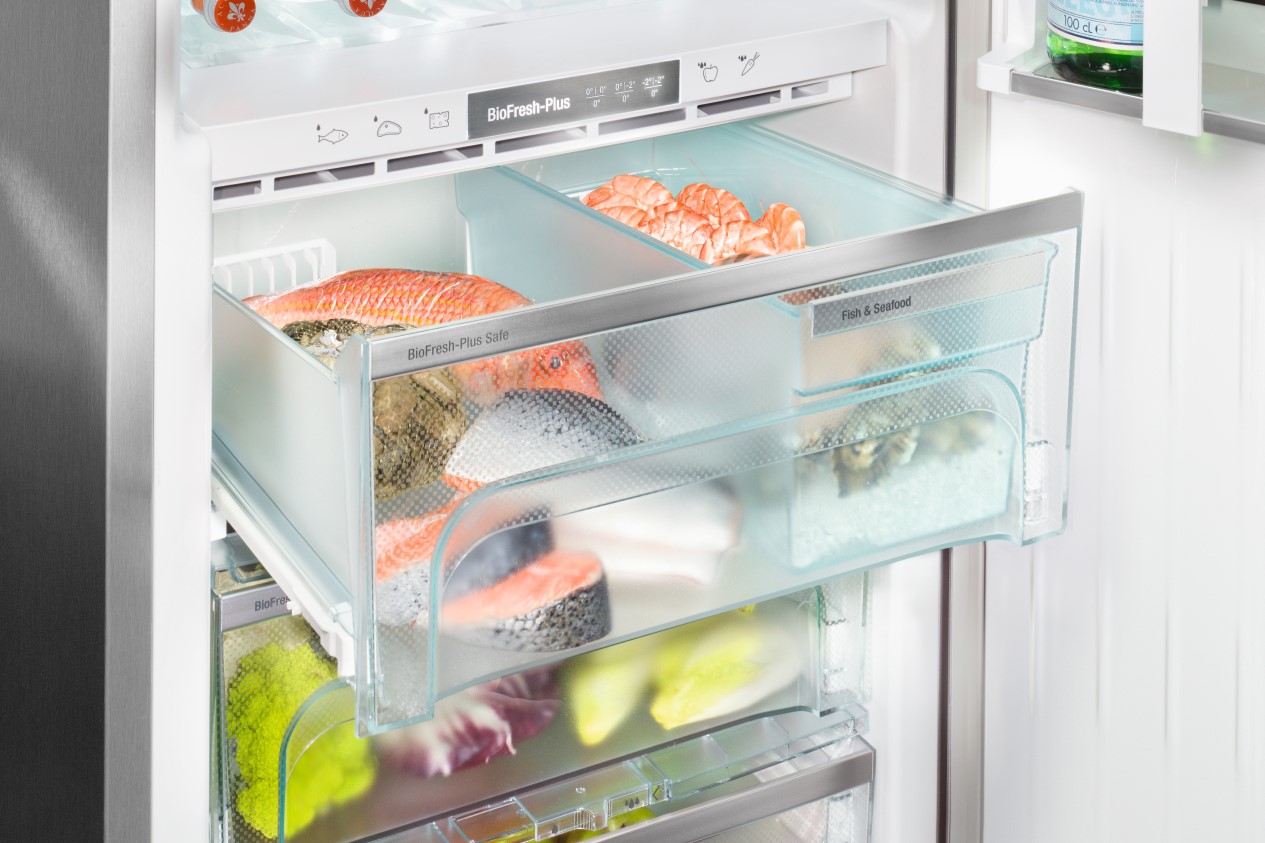

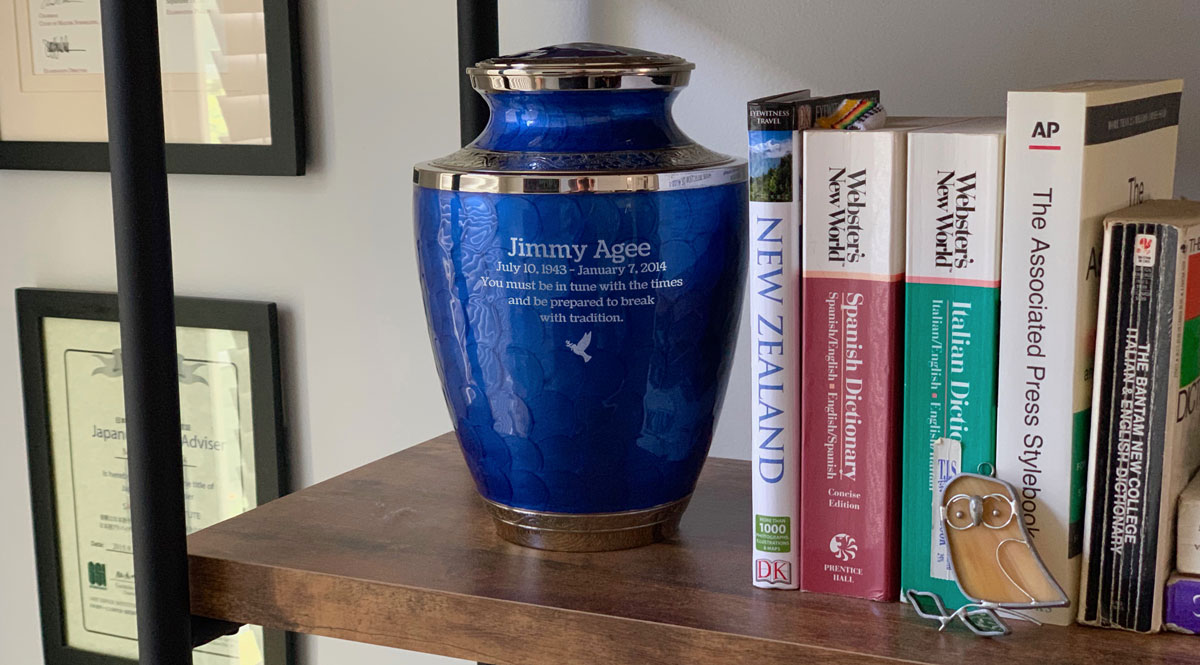

0 thoughts on “Where Should Glassware Be Stored After Cleaning”